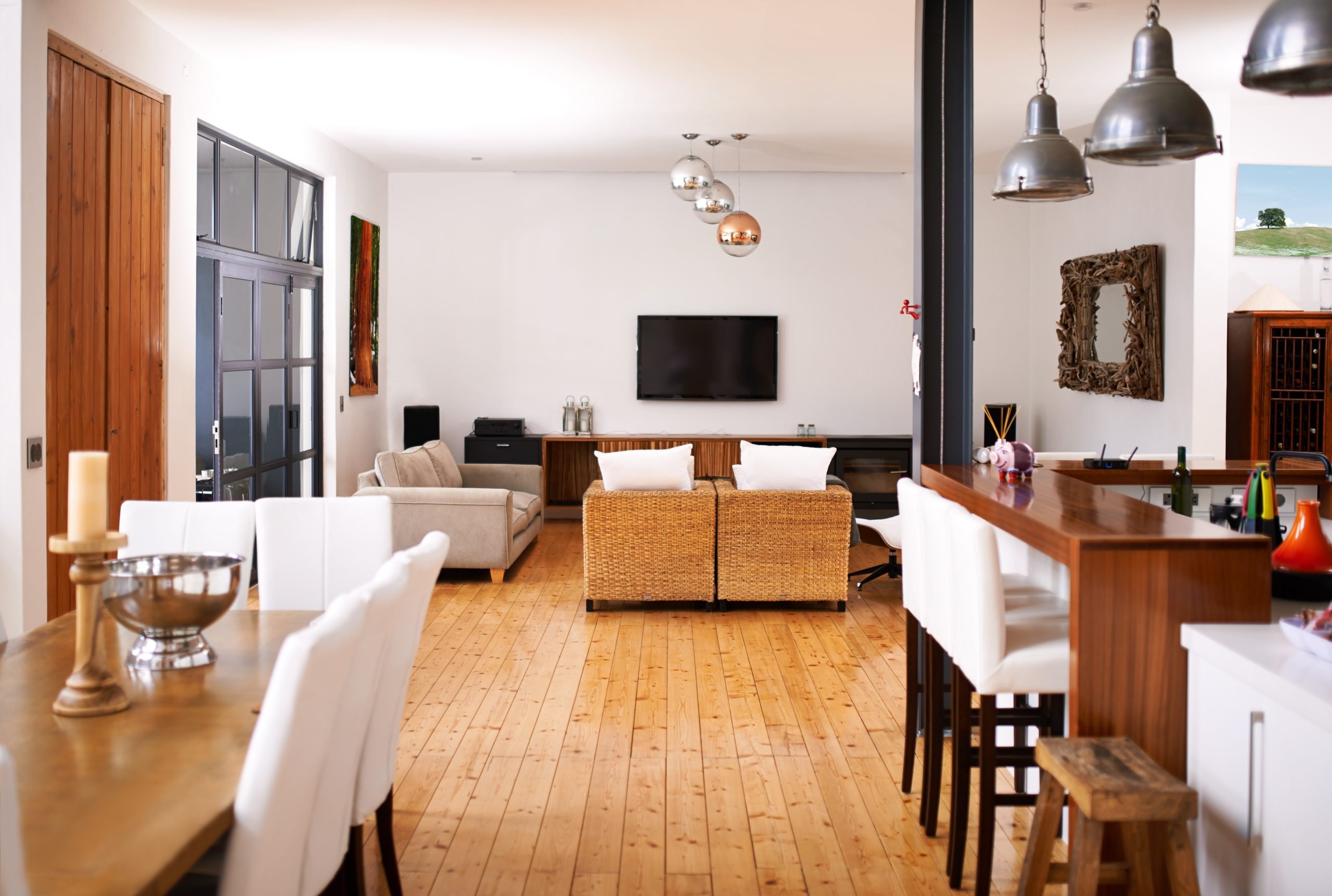
Property TV shows can lure you into a sense of optimism, tempting you to believe that remodeling your home is straightforward so long as you stick to some basic rules and pay for enough people on site to fix any issue.
Hey presto! – you’ve got a spanking new home in 30 minutes, including ad breaks.
But upgrading your home is a significant decision and comes with considerable expense.
As an experienced neighborhood agent, I know many clients who upgraded their homes but decided to sell afterwards because the work didn’t match their dreams.
Upgrading can be a long, stressful and inconvenient experience. And while some folks might think it cheaper than selling and climbing the property ladder, it doesn’t always end up that way.
So before proceeding with a remodel, it’s a smart play to talk to your agent about the local property market. There may be nearby properties that better fit your needs, and will help you avoid living on a construction site for months on end.
While the number of homes for sale is still below long-term averages, I know many homes across all tiers of the market that are available right now.
But if you love your area, like your neighbors and don’t want to move, here are some remodeling tips.
Start with a plan – That sounds obvious, but decide on the must-haves and the nice-to-haves that would feature in your remodel. Your lifestyle and family needs are critical in this process.
What needs fixing? – Be honest about the quality of your home. Do you need to repair the roof as part of the work? Have the window frames seen better days? Are there any issues with drainage or the foundations? Wiring? You will need to include these in the scope of work to achieve a successful renovation.
‘Prep’ work – When figuring out the cost of the work, it’s easy to forget the inclusion of basic expenses such as demolition and cartage, and even local authority permits. You can also get blind-sided if there’s asbestos on site or your home still has lead-based paints on the walls or hasn’t had a wiring upgrade since Nixon was president.
Basic services – Building a larger home can mean installing a new HVAC and ducting, upgrading your electricity and even re-routing plumbing. If you’re adding a bathroom, perhaps you’ll need a new water heater or boiler. None of this is cheap, but it’s all essential.
DIY options – Increasingly, the opportunity to save money by doing some work yourself is limited. Building codes often demand licensed professionals be used for construction, installing, or modifying services such as electricity and plumbing. Even a willing amateur putting in new windows can invalidate a manufacturer’s warranty so it can pay to make sure you know the true cost of DIY before you start.
